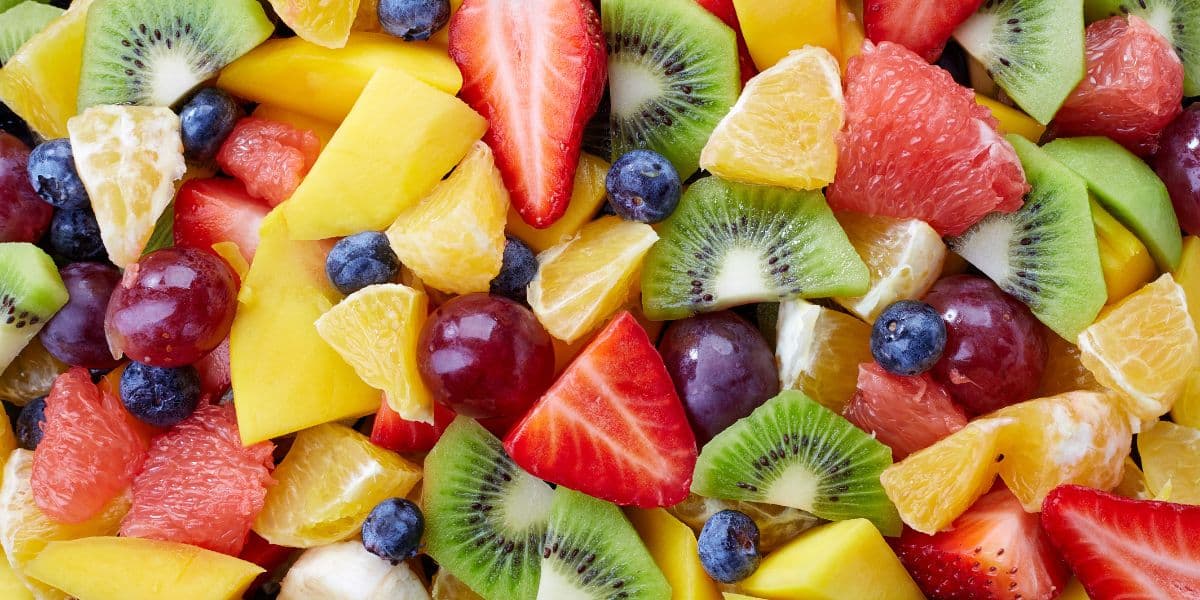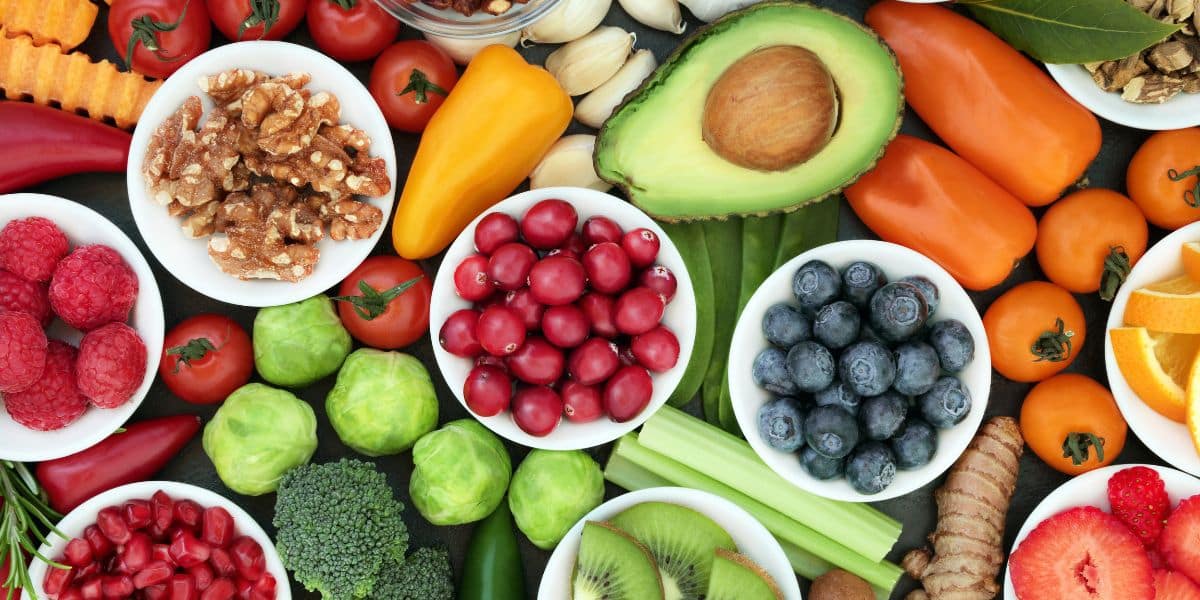Raising children is a fun yet complicated experience. Introducing solid foods to your baby is an exciting milestone and comes with concern and a great deal of questions from many parents.
As you begin to introduce new foods, you want to keep a balanced, yet a well diverse diet with food that is delicious, healthy and which your baby is going to enjoy. Oranges are a citrusy, stringy and pulpy fruit, whose texture varies from a lot of the other fruits.
They are high in vitamin C and have a delicious taste. However, before introducing oranges into your baby’s diet, it is important to understand the benefits as well as the potential risks associated with this delicious fruit.
As an Amazon Associate, I earn from qualifying purchases. The links below may be affiliate links. Please read my disclosure policy for more information.
Benefits of Oranges
Oranges contain plenty of beneficial nutrients that aid in the growth and development of your baby. Here are some of the most essential ones:
Oranges are rich in vitamin C
This is a very important vitamin for babies, it plays a crucial role in supporting the immune system (particularly important during the early years of babies’ life, when their immune system is more prone to illness).
On top of that, vitamin C helps the body absorb iron, which is necessary for healthy blood circulation and overall growth.
Another benefit of oranges is their high fiber content.
Fiber aids in digestion and prevents constipation by regulating your baby’s bowel movements. It does that by maintaining a healthy balance of bacteria in the gut, further supporting your baby’s immune system.
Oranges are a great source of potassium
This is a very important mineral in your baby’s body. It helps with metabolism, regulating acid and water in the body, supporting normal body growth (building muscle) and regulates blood pressure (keeping the heart healthy).
Last but not least, oranges are low in calories.
Babies need a healthy and balanced diet. A ten month old baby needs between 750 and 900 calories each day, 400 to 500 of those should be coming from breast milk or formula, leaking around 250 to 400 calories for snacks and other foods.
Oranges are low in calories and high in nutrients (one orange contains around 45 calories), making them a great snack for your baby.
All of these factors play an important role for the growth and development of your baby.
When is it Okay to Introduce Oranges to your Babies Diet

Most babies can have oranges as early as six months old, however most parents wait until eight to ten months. The American Academy of Pediatrics (AAP) recommends that babies are introduced to solid foods when they are between four and six months old.
Around this age, babies are typically able to sit up on their own and hold their head steady (both of which are important skills for eating solid foods). It really depends on when your baby develops the concept of pincer grasps, and is able to pick up food between their thumb and first finger.
Signs that your baby is ready to be introduced to oranges include:
- Having good head control
- Being able to sit up with support
- Generally showing interest in food.
It is important to remember that you should introduce oranges slowly and very gradually into your baby’s diet, and monitor them for any allergic reaction.
Around six to eight months of age, babies are generally able to handle more textured foods and they are less likely to have a negative reaction to citrus fruits (although it is essential to note that oranges are acidic fruits, and some babies might be sensitive to the acidity of them).
Risks of Oranges for Your Baby
Since oranges are a very acidic fruit, they come with some risks to your baby’s digestion. Too much acidity could worsen the gastroesophageal reflux or cause a diaper rash.
If that is the case, try cutting down on the amount of oranges that you feed your baby. Other symptoms of reactions would include diarrhea or vomiting.
On top of that, the high fiber content in origins can cause bloating, gas or even lead to an upset stomach. They are a common allergen, and it is not uncommon for babies to be allergic to them.
If you have a family history of food allergies, it is best to wait until your baby is at least a year old, before introducing oranges into their diet. It is also important to keep in mind that oranges are high in sugar.
This can be a concern for babies who are at risk of developing obesity or have other health problems. When giving your baby oranges, do so in moderation and balance them with other healthy foods, to create a healthy and balanced diet.
How Should You Introduce Oranges
Start introducing oranges very slowly and in small amounts. Start with a few small spoonfuls a day, or mix a small amount of orange juice into water or milk.
Watch for any reaction for the next few days, especially any reddening around the mouth or diaper rash. If you notice any signs of an allergic reaction, seek medical attention right away.
When introducing finger foods, cut the orange into small bite-size pieces. If you are serving mandarin oranges (a great baby food), cut them in half to ensure that they are small enough for your baby to comfortably chew.
Larger pieces may seem easier to eat, but they are slippery and come as a choking hazard to your baby. If your baby is already comfortable with eating other soft fruits, you can try to mix oranges with those, to make a colorful fruit salad.
For example mixing berries, bananas and oranges can be a fun way to serve fruits. You could also blend oranges with other fruits into a smoothie and serve them as a drink.
Here is a list of tips on how to prepare oranges for your baby:
- Wash the oranges thoroughly before peeling.
- Peel the orange and remove any seeds that might be inside.
- Try to remove as much of the membrane as possible, if your baby is struggling to chew the orange.
- If your baby is under one year old, it is recommended that you avoid giving them direct orange juice. It is best to mic a small amount of orange juice with other fruits, or even breast milk.
Substitutes for Oranges

You don’t have to be concerned that your baby is not getting enough vitamin C in their diet, just because they are not eating oranges.
Experts recommend that babies up to a year old get anywhere from 40 to 50 mg of vitamin C per day, which you can get from plenty of other baby- friendly fruits and vegetables (if you find that your baby might be allergic, or are just scared to introduce oranges into your baby’s diet).
Substitutes that are high in vitamin C include:
- Sweet potatoes
- Peas
- Kale
- Papayas
- Strawberries
- Watermelon
Generally speaking, oranges are very nutrient dense fruit (with almost 60 mg of vitamin C on average). They can provide many health benefits and aid in the development and growth of your baby.
However, at the same time, they come with a few risks and hazards that you should keep in mind when introducing oranges. Remember to start gradually, and serve small amounts of oranges, while monitoring your baby’s reaction and looking out for any signs of allergies.
Afterall, every baby is different and what works for one, may not work for the other. If you have any concerns about your baby’s diet, it is best to consult with your pediatrician.
However, with the right approach, oranges can be a very healthy and delicious addition to your baby’s diet.







